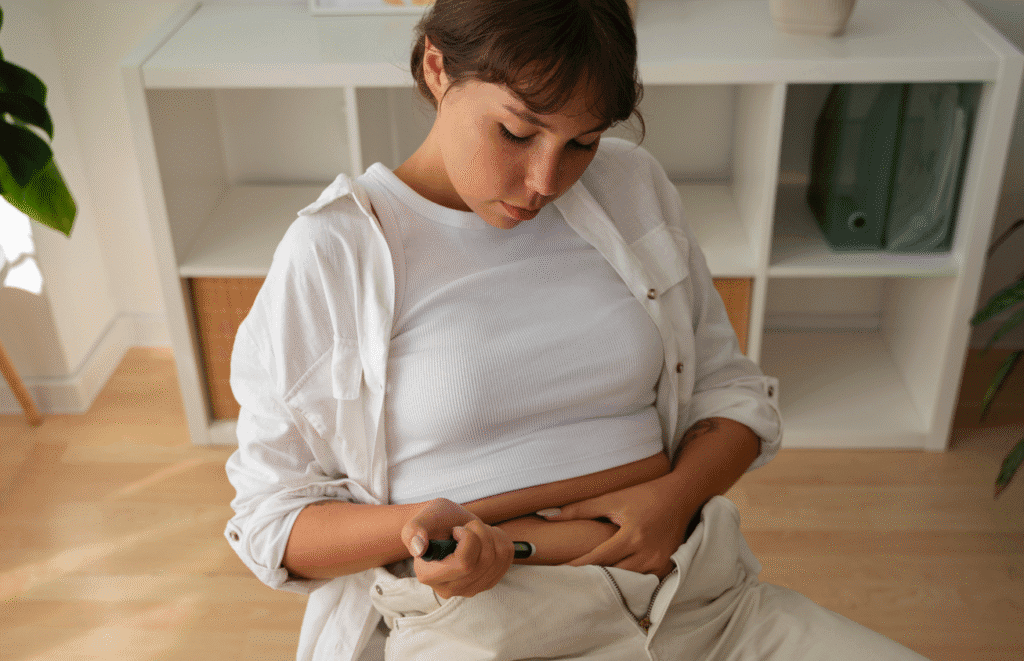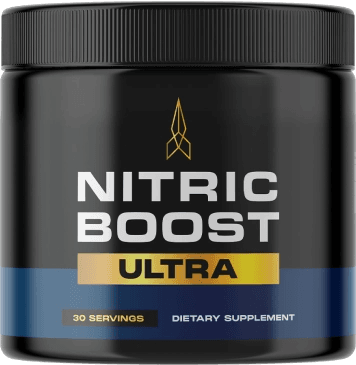Antibiotics can be life-saving, but they also disrupt the delicate balance of bacteria in your gut. While they’re designed to kill harmful bacteria, they don’t discriminate—and many beneficial microbes get wiped out too. This can lead to side effects like bloating, diarrhea, fatigue, yeast infections, and even lowered immunity. The good news? With the right food and lifestyle choices, you can support your gut’s natural recovery and feel like yourself again.
Here’s how to naturally heal your gut after antibiotics:
🥦 1. Rebuild with Fermented Foods
Fermented foods are rich in natural probiotics—good bacteria that help repopulate your gut microbiome.
Top choices:
- Yogurt with live cultures (look for “active” or “live cultures” on the label)
- Kefir (a tangy fermented milk drink)
- Kimchi or sauerkraut (raw, unpasteurized)
- Miso and tempeh (fermented soy)
- Kombucha (look for low-sugar options)
Start slowly if you’re not used to these foods, and build up to a daily dose.
🌾 2. Feed the Good Bacteria (Prebiotics)
Prebiotics are plant fibers that act as food for probiotics, helping them grow and thrive.
Prebiotic-rich foods include:
- Garlic and onions (raw or lightly cooked)
- Asparagus
- Leeks
- Oats
- Bananas (especially slightly green ones)
- Jerusalem artichokes
Adding a variety of these to your meals will give your gut bacteria the nourishment they need.
💧 3. Stay Hydrated
Water supports digestion, helps regulate bowel movements, and assists in flushing out toxins. Aim for at least 8 cups (2 liters) of water daily—and more if you’re active or in hot weather.
Tip: Warm water with lemon in the morning can gently stimulate your digestive system.
🧘♀️ 4. Manage Stress
Stress affects your gut directly. After antibiotics, your digestive system may be more sensitive to stress hormones like cortisol.
Natural stress relief practices:
- Gentle yoga or stretching
- Meditation or deep breathing
- Walking in nature
- Journaling
- Limiting caffeine and alcohol
💤 5. Get Plenty of Sleep
Sleep is when your body restores itself—including your gut. Poor sleep can throw off your microbial balance.
Aim for 7–9 hours of restful, uninterrupted sleep per night. Consider a wind-down routine with screen-free time, herbal tea (like chamomile or peppermint), or reading before bed.
🥗 6. Eat Whole, Anti-Inflammatory Foods
After antibiotics, your gut lining may be a bit inflamed. Avoid processed and sugary foods, which can worsen irritation and feed harmful bacteria.
Focus on:
- Leafy greens (spinach, kale)
- Omega-3s (chia seeds, flaxseed, walnuts, salmon)
- Colorful fruits and vegetables
- Bone broth or veggie broth (soothing and mineral-rich)
💊 7. Consider a Probiotic Supplement (Optional)
While food is the best medicine, a high-quality probiotic supplement can give your gut an extra boost—especially after a heavy course of antibiotics.
Look for:
- At least 10 billion CFUs (colony-forming units)
- Multiple strains (e.g., Lactobacillus, Bifidobacterium)
- Refrigerated or shelf-stable options with proven survivability
Always talk to a healthcare provider before starting a new supplement.
🌸 Final Thoughts
Healing your gut after antibiotics is all about being gentle, consistent, and supportive of your body’s natural processes. Focus on whole foods, hydration, movement, and rest—and your gut will thank you in more ways than one.




